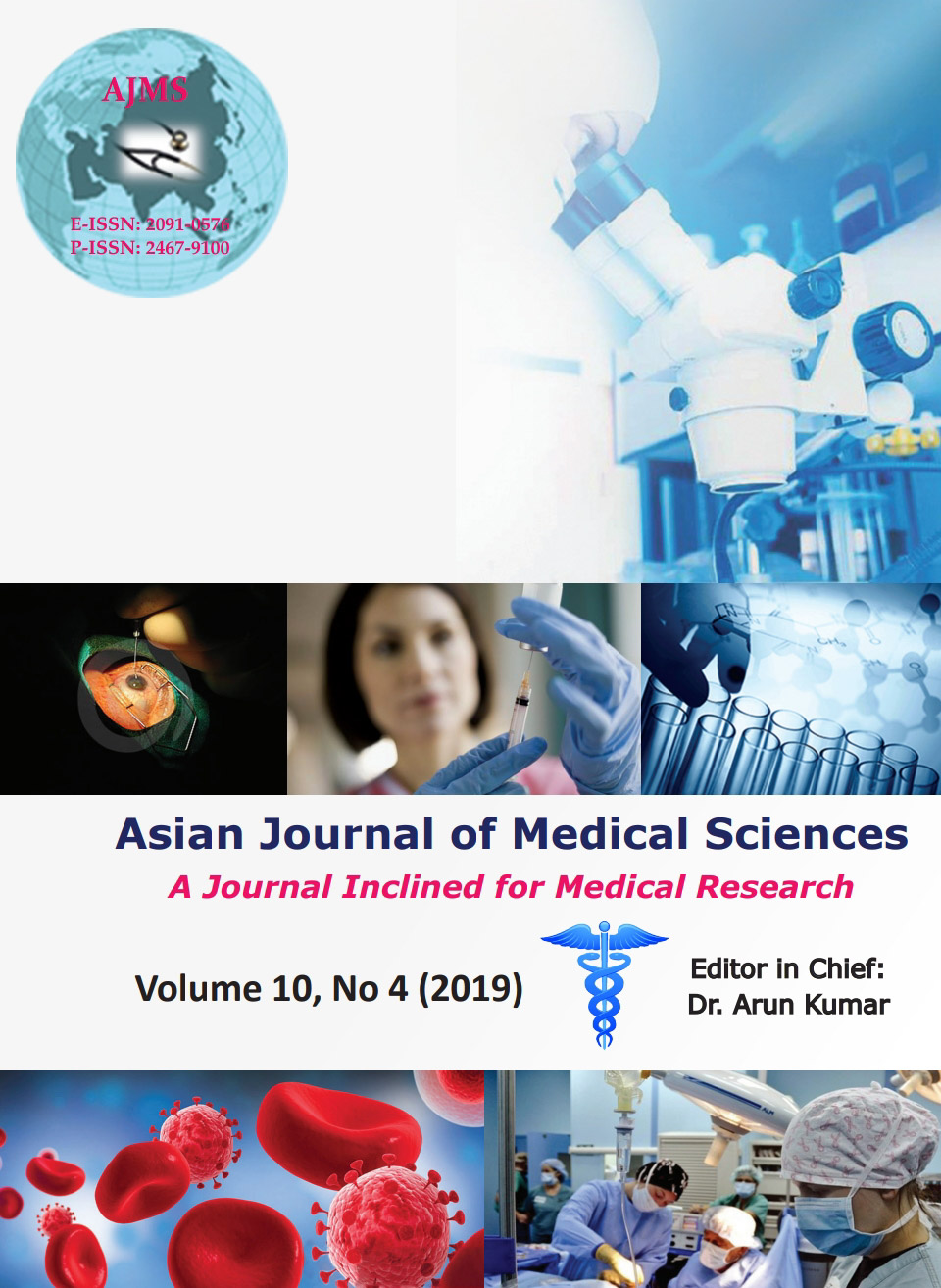Evaluation of Antidiabetic potential and Hypolipidemic activity of Coccinia indica (leaves) in Diabetic Albino rats
Keywords:
Coccinia indica, Serum lipids, lipoproteins, HMG CoA reductase, LCATAbstract
Background: The whole plant of Coccinia indica is very effective in different types of diseases with fewer side effects. The leaves, roots of this plant were claimed to be useful in the treatment of diabetes mellitus based on folk medicine. The purpose of this study was to examine the antihyperglycemic effect of water extract of C. indica in alloxan diabetes rats.
Aims and Objectives: The aim of this study is to find whether the conditions, hyperglyclemia and hyerlipidemia, are correlated and whether the application of the aqueous extract leads to abating these two conditions.
Materials-Methods: The aqueous leaves extracts of C. indica (200 mg/kg) were administered orally for 14 days, in alloxan induced diabetic rats on Glucose, Lipid profile, Lipoproteins and Lipid metabolizing enzymes activity.
Result: The aqueous leaves extract of C. indica induced significant improvement in glucose, serum Lipids, lipoproteins and lipid metabolizing enzyme activity (HMG CoA reductase, LCAT).
Conclusion: The present study indicates that the extract of Coccinia indica exhibits lipid lowering, maintaining lipoproteins concentration and also improves the activities of lipid metabolizing enzyme in hyperglycemic rats leading to an increase in peripheral glucose consumption.
Downloads
Downloads
Published
How to Cite
Issue
Section
License
Authors who publish with this journal agree to the following terms:
- The journal holds copyright and publishes the work under a Creative Commons CC-BY-NC license that permits use, distribution and reprduction in any medium, provided the original work is properly cited and is not used for commercial purposes. The journal should be recognised as the original publisher of this work.
- Authors are able to enter into separate, additional contractual arrangements for the non-exclusive distribution of the journal's published version of the work (e.g., post it to an institutional repository or publish it in a book), with an acknowledgement of its initial publication in this journal.
- Authors are permitted and encouraged to post their work online (e.g., in institutional repositories or on their website) prior to and during the submission process, as it can lead to productive exchanges, as well as earlier and greater citation of published work (See The Effect of Open Access).




